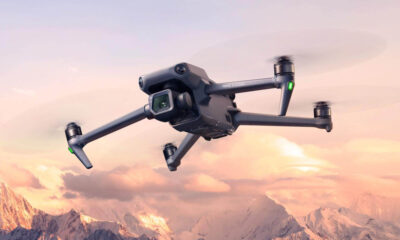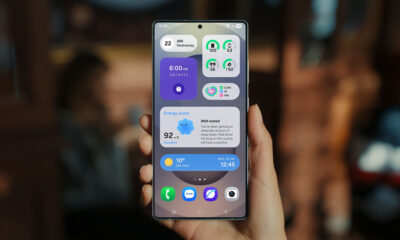News
DJI Mini 3 Pro Is More Capable In Every Way But Also More Expensive
With the optional Intelligent Flight Battery Plus battery upgrade, you’ll get an impressive flight time of 47 minutes.
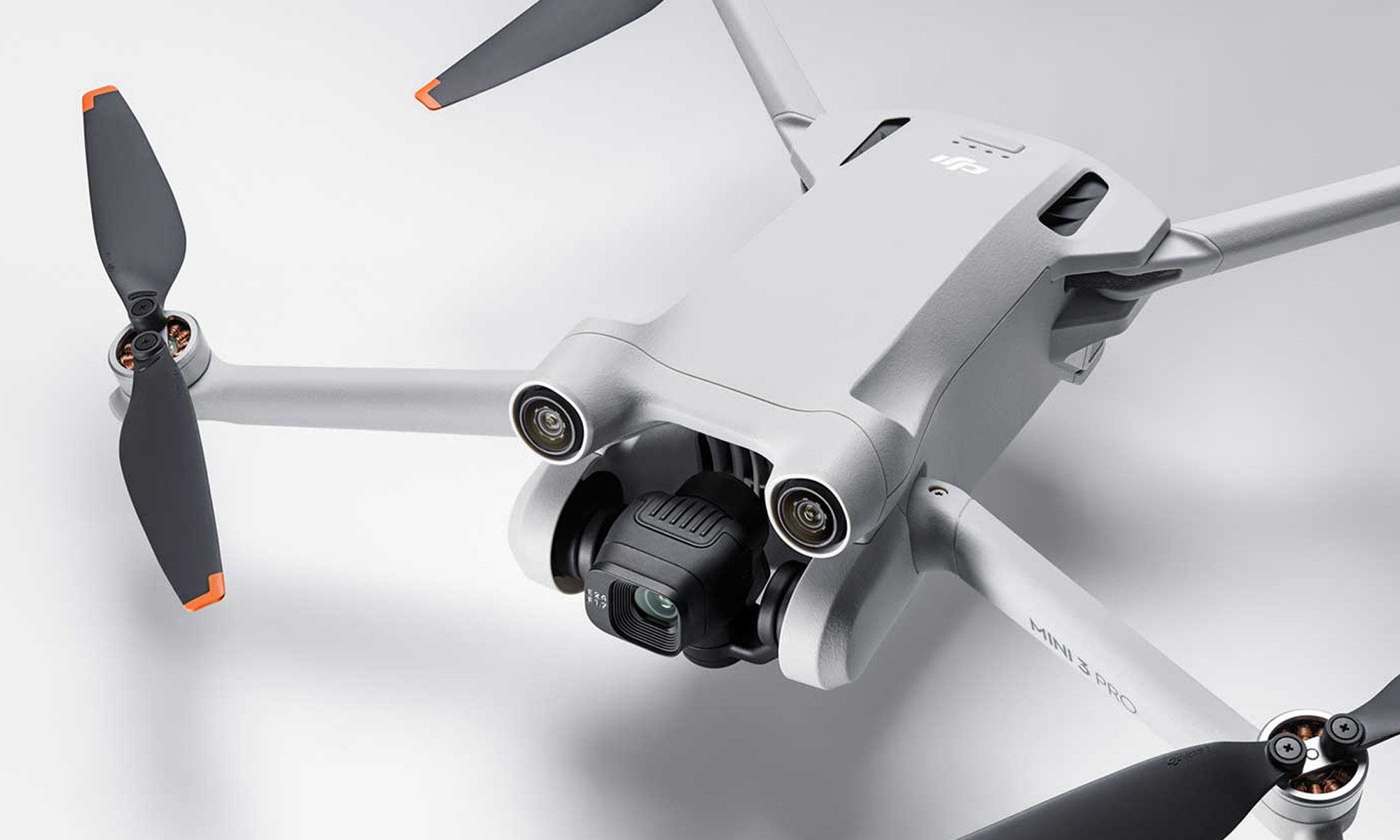
DJI has just announced the successor to the Mini 2, and drone enthusiasts have a lot to look forward to because just about everything that could have been improved has been improved.
The new drone, called Mini 3 Pro, features a larger 1/1.3-inch sensor (the Mini 2 has a 1/2.3-inch sensor) that can record 4K video at up to 60 frames per second. The sensor supports HDR, but turning this feature on limits the maximum frame rate to 30 when recording 4K video.
Professional videographers will appreciate the ability to record in a flat color profile for more flexibility during post-processing.
Besides recording videos, the Mini 3 Pro can also capture still pictures, and their maximum resolution is 48 MP. Because the drone’s sensor is paired with an f/1.7 aperture, you can expect great low-light performance both when recording videos and capturing photos.
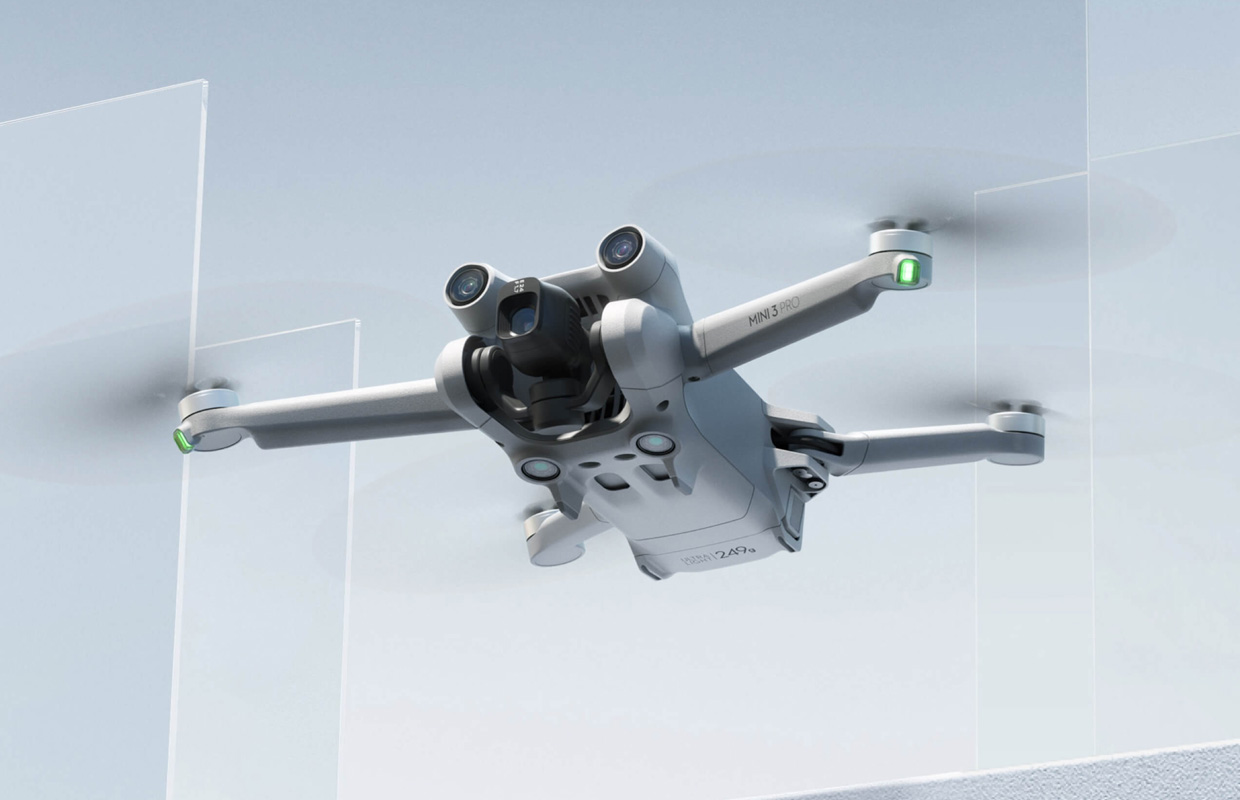
Of course, even the best image quality isn’t all that useful if your drone can’t stay in the air long enough for you to capture the desired footage. Here, the Mini 3 Pro offers two battery options, and they’re both quite impressive.
With the standard battery, the drone has a flight time of 34 minutes, so you’re already looking at 3 extra minutes compared with the Mini 2. However, you can also get the Intelligent Flight Battery Plus battery upgrade for a flight time of 47 minutes — that’s impressive!
Also Read: Desklab 4K Monitor Review: The Best Portable Monitor
The only downside is that the larger battery makes the total weight of the drone exceed 250 grams, the limit for drone registration set by the FAA and several other transportation agencies around the world.
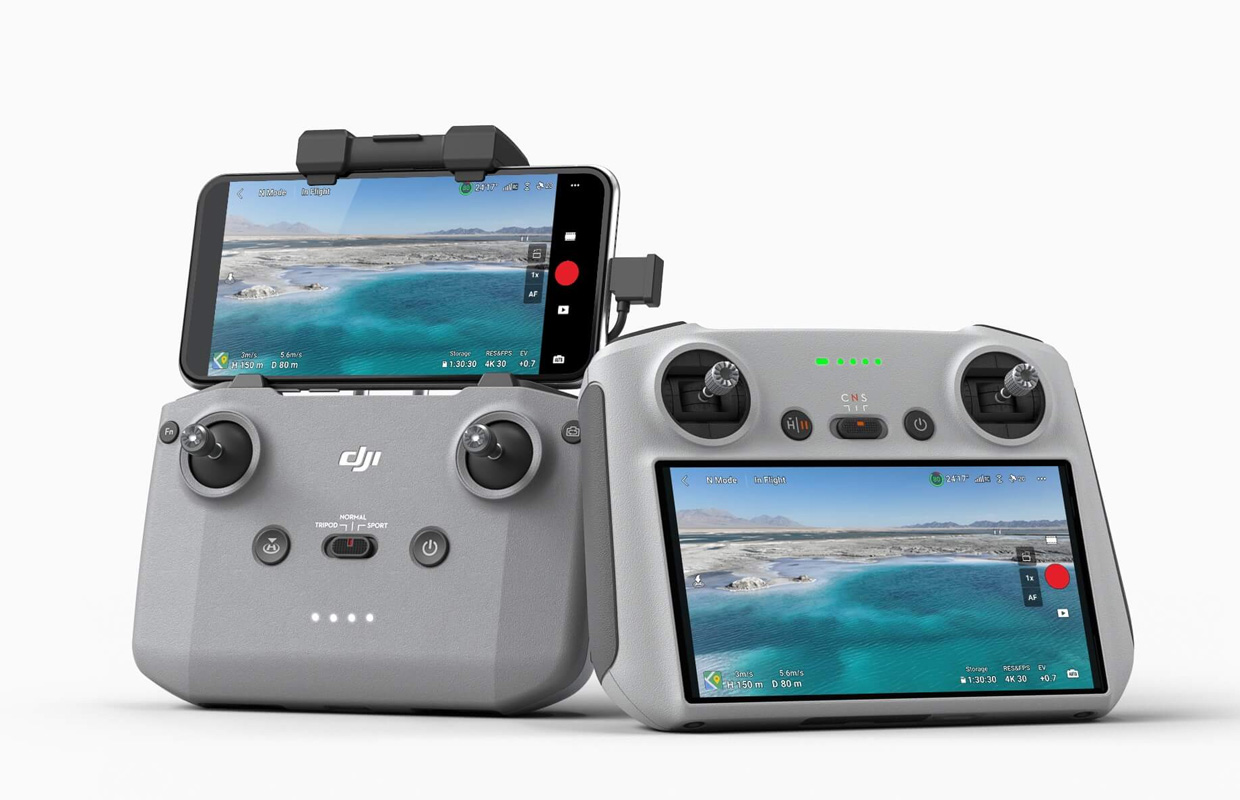
Without the larger battery, the DJI Mini 3 Pro costs $669, and the kit the battery comes with is priced at $909. You can also pay $340 to add the new DJI RC controller, which supports powerful O3+ video transmission technology.
The Mini 3 Pro can be pre-ordered right now directly from DJI, and it’s expected to ship this summer.
News
Rabbit Expands Hyperlocal Delivery Service In Saudi Arabia
The e-commerce startup is aiming to tap into the Kingdom’s underdeveloped e-grocery sector with a tech-first, locally rooted strategy.

Rabbit, an Egyptian-born hyperlocal e-commerce startup, is expanding into the Saudi Arabian market, setting its sights on delivering 20 million items across major cities by 2026.
The company, founded in 2021, is already operational in the Kingdom, with its regional headquarters now open in Riyadh and an established network of strategically located fulfillment centers — commonly known as “dark stores” — across the capital.
The timing is strategic: Saudi Arabia’s online grocery transactions currently sit at 1.3%, notably behind the UAE (5.3%) and the United States (4.8%). With the Kingdom’s food and grocery market estimated at $60 billion, even a modest increase in online adoption could create a multi-billion-dollar opportunity.
Rabbit also sees a clear alignment between its business goals and Saudi Arabia’s Vision 2030, which aims to boost retail sector innovation, support small and medium-sized enterprises, attract foreign investment, and develop a robust digital economy.
The company’s e-commerce model is based on speed and efficiency. Delivery of anything from groceries and snacks to cosmetics and household staples is promised in 20 minutes or less, facilitated by a tightly optimized logistics system — a crucial component in a sector where profit margins and delivery expectations are razor-thin.
Despite the challenges, Rabbit has already found its stride in Egypt. In just over three years, the app has been used by 1.4 million customers to deliver more than 40 million items. Revenue has surged, growing more than eightfold in the past two years alone.
Also Read: Top E-Commerce Websites In The Middle East In 2025
CEO and Co-Founder Ahmad Yousry commented: “We are delighted to announce Rabbit’s expansion into the Kingdom. We pride ourselves on being a hyperlocal company, bringing our bleeding-edge tech and experience to transform the grocery shopping experience for Saudi households, and delivering the best products – especially local favorites, in just 20 minutes”.
The company’s growth strategy avoids the pitfalls of over-reliance on aggressive discounting. Instead, Rabbit leans on operational efficiency, customer retention, and smart scaling. The approach is paying off, having already attracted major investment from the likes of Lorax Capital Partners, Global Ventures, Raed Ventures, and Beltone Venture Capital, alongside earlier investors such as Global Founders Capital, Goodwater Capital, and Hub71.




